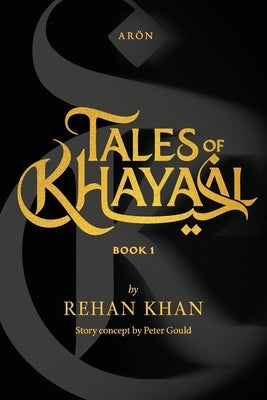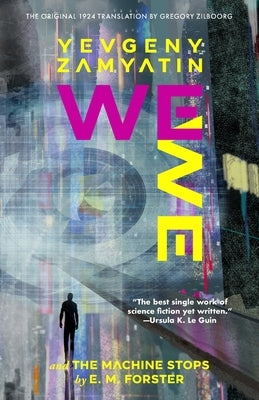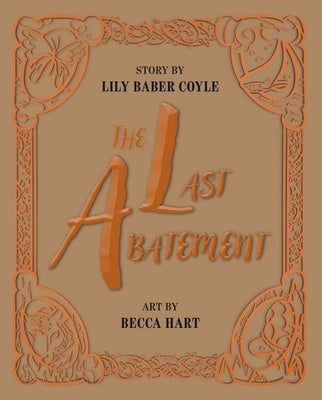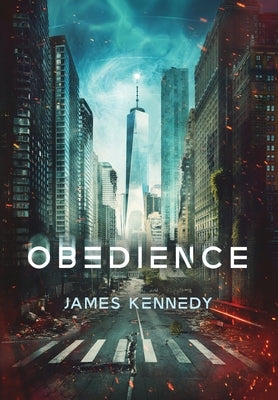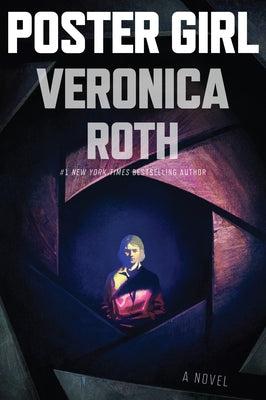The Turner Diaries
$27.99
$30.00
Us Dark Few
$12.99
$16.99
Dungeon Crawler Carl
$21.99
$30.00
Berserk Deluxe Volume 4
$35.99
$49.99
Dai Dark - Vol. 1-4 Box Set
$39.99
$54.99
Kaiju No. 8, Vol. 12
$8.99
$11.99
Things from the Flood
$30.99
$42.00
To Love Ru Darkness Vol. 16
$10.99
$13.99
The Running Man
$8.99
$11.99
Duke Volume 1: Knowing Is Half the Battle
$10.99
$14.99
Colorless Vol. 6
$10.99
$14.99
Dinosaur Sanctuary Vol. 3
$10.99
$13.99
Akame Ga Kill!, Volume 9
$9.99
$13.00
Daredevil: The Man Without Fear [New Printing]
$14.99
$19.99
Kaiju Girl Caramelise, Vol. 4: Volume 4
$9.99
$13.00
Tales of Khayaal - Aron
$12.99
$13.99
Go! Go! Loser Ranger! 3
$7.99
$10.99
Land of the Lustrous 5
$9.99
$12.99
Star Wars: The High Republic: Path of Deceit
$12.99
$17.99
Colorless Vol. 5
$10.99
$14.99
Go! Go! Loser Ranger! 6
$7.99
$10.99
Heir to the Empire
$7.99
$10.00
The Desert Spear: Book Two of the Demon Cycle
$15.99
$21.00
Gantz Omnibus Volume 1
$21.99
$29.99
Fire Punch, Vol. 1
$10.99
$14.99
Star Wars: Brotherhood
$13.99
$18.99
Choices of One: Star Wars Legends
$7.99
$10.00
The Hunger Games (Hunger Games, Book One): Volume 1
$16.99
$22.99
Darling in the Franxx Vol. 1-2
$14.99
$19.99
Tokyo Fears Rhapsody, Vol. 1
$10.99
$14.99
Binti: The Complete Trilogy
$14.99
$20.00
Lord of the World
$14.99
$19.99
Mirrored Heavens
$14.99
$19.99
Shadows of the Empire: Star Wars Legends
$13.99
$19.00
The Naked Sun
$6.99
$9.00
Madness of the Horde King: Alternate Cover Edition
$14.99
$19.99
Captive of the Horde King: Alternate Cover Edition
$11.99
$15.99
To Love Ru Darkness Vol. 14
$9.99
$12.99
Go! Go! Loser Ranger! 13
$7.99
$10.99
Ultraman, Vol. 15
$9.99
$12.99
Ensnared: A Post-Apocalyptic Reverse Harem Romance
$15.99
$16.99
Parable of the Sower: A Graphic Novel Adaptation
$12.99
$16.99
Gaea-Tima the Gigantis 1
$10.99
$13.99
King Spawn Volume 3
$12.99
$16.99
Parable of the Talents: A Graphic Novel Adaptation
$18.99
$25.99
Dinosaur Sanctuary Vol. 5
$10.99
$13.99
















![Daredevil: The Man Without Fear [New Printing] by Miller, Frank](http://surprisecastle.com/cdn/shop/files/img_223d6dd4-2350-4ffc-9e2d-d973d062ec99.jpg?v=1731981213&width=533)

